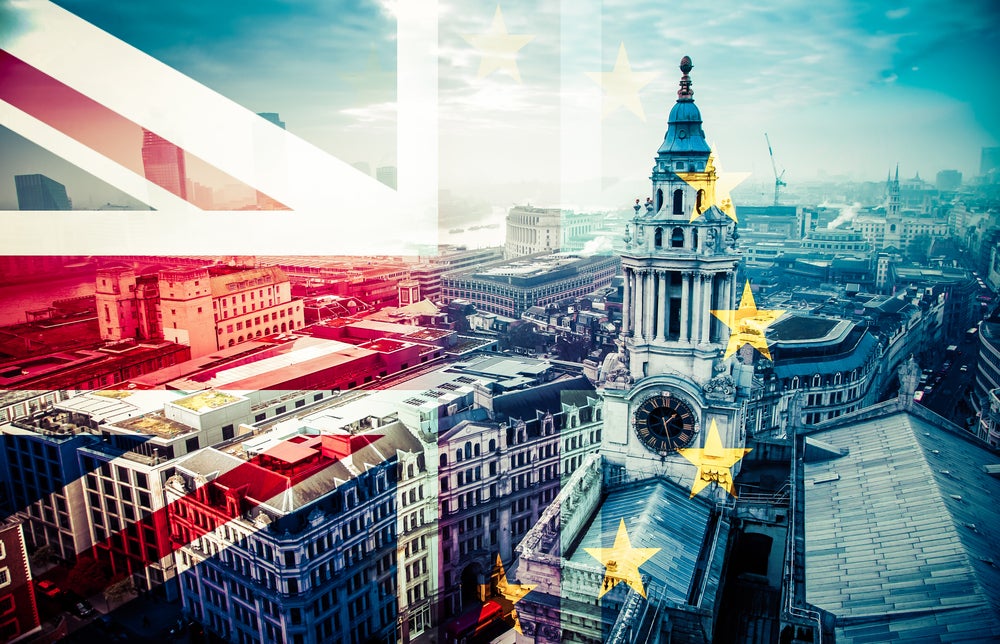
It was recently estimated that leaving the EU without a trade deal in place could cost the UK as much as 10% of its GDP. Likewise, according to The UK in a Changing Europe, manufacturing costs could rise by as much as 15%.
The Brexit withdrawal agreement, agreed by Brexit negotiators yesterday, is by no means finalised. It must still pass through a parliamentary vote unscathed.
However, the recent progression will be viewed as a step in the right direction for businesses on both sides, for which a no-deal Brexit could spell disaster.
But what does the 585-page draft document say on trade-related issues, and are businesses getting a good deal?
Extra time to prepare
The draft document provides further information on the transition period, originally agreed back in March.
“There shall be a transition or implementation period, which shall start on the date of entry into force of this Agreement and end on 31 December 2020,” the agreement reads.
From March, the UK will no longer be considered a member state, nor will it have voting rights. However, it will continue to follow all EU rules for 21 months up until 2021 and contribute to the Union budget.
The UK will be free to “negotiate, sign and ratify international agreements”, so long as it doesn’t enter into force during the transition period.
At the very least, the transition period will provide businesses with more time to prepare for any changes that might occur as a result of Brexit.
Should the UK feel that it is not in a position to fully break away from the EU in 2021, the two sides can mutually agree to extend the transition period.
Free trade (for now)
Likewise, the transition period will also provide time for the UK and EU to reach a free trade agreement, which can only be good news for businesses worried that a lack of trade agreement would lead to costly import fees and delays.
“The Union and the United Kingdom shall use their best endeavours, in good faith and in full respect of their respective legal orders, to take the necessary steps to negotiate expeditiously the agreements governing their future relationship,” the document reads.
Until then, the EU and UK will enter into a single customs territory agreement in March, which will also apply to Northern Ireland.
The agreement states that custom duties on imports and exports, or any similar charges, are prohibited within this single market. This relates to all goods produced in the EU customs territory and the UK customs territory, as well as any third country goods in free circulation within those territories. However, fishery products are excluded.
For businesses, this means the ease of continued trade across Europe at no additional cost.
According to the document, any future trade agreement could be based on this single customs territory. It is stated that the EU and UK hope to “establish ambitious customs arrangements that build on the single customs territory provided for in this Protocol”.
This will raise some concerns, particularly for those that favour Brexit.
Notably, the UK cannot enter into any other trade agreements while in this single customs territory. The agreement states that either side can choose to end the deal at any time, but both parties must first agree in a process that could take up to six months.
Should these rules continue to apply following the transition period, this could potentially block the UK from entering into deals that would be beneficial to businesses following Brexit.
Brexit withdrawal agreement: A good deal for businesses?
Theresa May’s previous comment that “no deal is better than a bad deal” has seemingly done little to convince her cabinet.
According to Sky News, Chancellor Philip Hammond and Business Secretary Greg Clark have urged business leaders to get behind the agreement, regardless of its imperfections.
“Nobody is pretending that we have a perfect solution that will give everyone everything they wanted,” Hammond said.
So it seems, any Brexit outcome at this point in negotiations seems better than a no-deal scenario. The deal on the table will, at the very least, buy businesses time ahead of a hard Brexit.
“This is a compromise deal but one that will hopefully help the country to heal while protecting the economy,” Hammond said.







